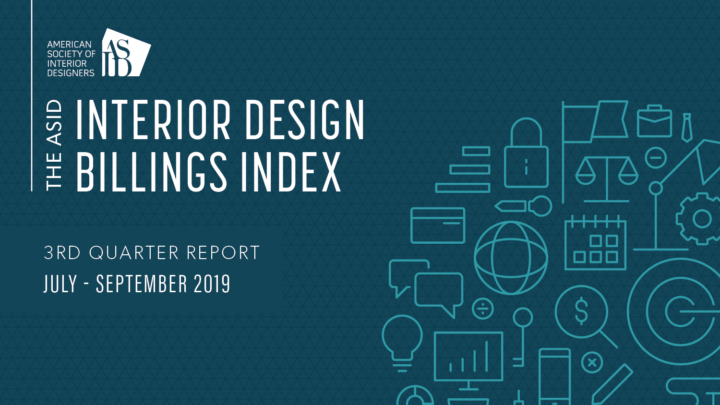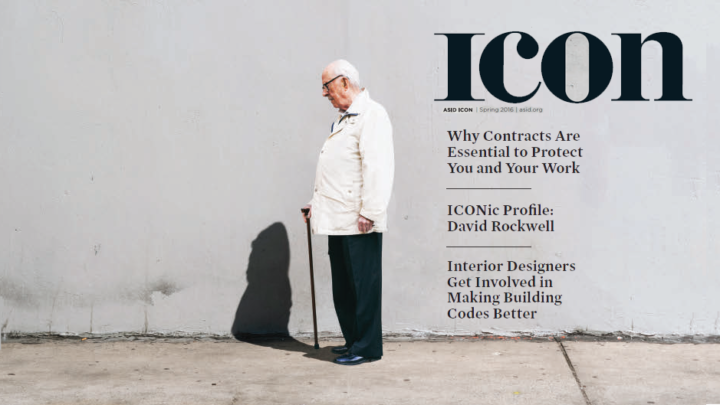Developing a Standard Evidence-Based Patient Room Interior Design Checklist & Evaluation Tool

Transform Grant Research Project
Title: Developing a Standard Evidence-Based Patient Room Interior Design Checklist & Evaluation Tool
Research Team
Xiaobo Quan, PhD, EDAC; Anjali Joseph, PhD; Catherine Ancheta
Institution: The Center for Health Design
A growing body of empirical evidence indicates that well-designed built environments play a critical role in keeping patients safe and enhancing the quality of patient care. Although substantial evidence is available to inform patient room design, research findings are often too technical for design practitioners to understand, interpret and apply in their projects. One major barrier to making research actionable is the lack of design and evaluation tools that are based on evidence, easy to use for translating research into design, and readily available to design professionals. A patient room interior design checklist and evaluation tool can address this critical need in the industry by providing access to the healthcare design evidence base in an accessible and actionable format.
Utilizing multiple methods including literature reviews and analyses, conceptual modeling, surveys, guidance and feedback from a multi-disciplinary advisory council, and usability tests, the patient room design checklists and evaluation tools that were developed cover 23 design goals and over 200 design features in an easy-to-use Excel spreadsheet format with built-in internal and external hyperlinks as well as filtering, customization, and automatic feedback functionalities. Pilot testers found the tools to be very helpful and effective in design and evaluation processes.
Research Team Bio
Xiaobo Quan, PhD, is a Senior Researcher at The Center for Health Design. Dr. Quan’s work at CHD focuses on examining the impact of the built environment on human behaviors and healthcare outcomes by using rigorous scientific methods to evaluate the effects of evidence-based design innovations, creating tools and other resources for design optimization, and disseminating research findings through presentations and publications at national and international venues. Dr. Quan has been actively engaged in healthcare environment research for more than ten years and has published widely on topics of healthcare associated infection prevention, medication error reduction, patient safety, healthcare sustainability, work efficiency, and cost-effectiveness. Dr. Quan is also an experienced architect with years of professional work. He holds a doctoral degree in Architecture from Texas A&M University and two professional degrees in architecture from Southeast University in China.
Anjali Joseph, PhD, formerly the director of grants and research advisory services for The Center for Health Design, is currently endowed chair in architecture + health design and research and associate professor of architecture at Clemson University. A trained architect, Anjali has spoken at events worldwide spreading the word about CHDs work and resources. Her work focuses on understanding the relationship between the healthcare built environment and healthcare outcomes, specifically focusing on tools and guidelines that support the implementation of built environment research in healthcare practice to result in improved outcomes for patients, staff and families.
Catherine Ancheta manages the grant funded research projects that develop tools and resources for The Center for Health Design. She also manages the customer service and administration of EDAC (evidence-based design accreditation and certification) and the Affiliate program, as well as the project manager for the Pebble Project research initiatives. She has a Bachelor’s degree in Economics from the University of California, Davis.

